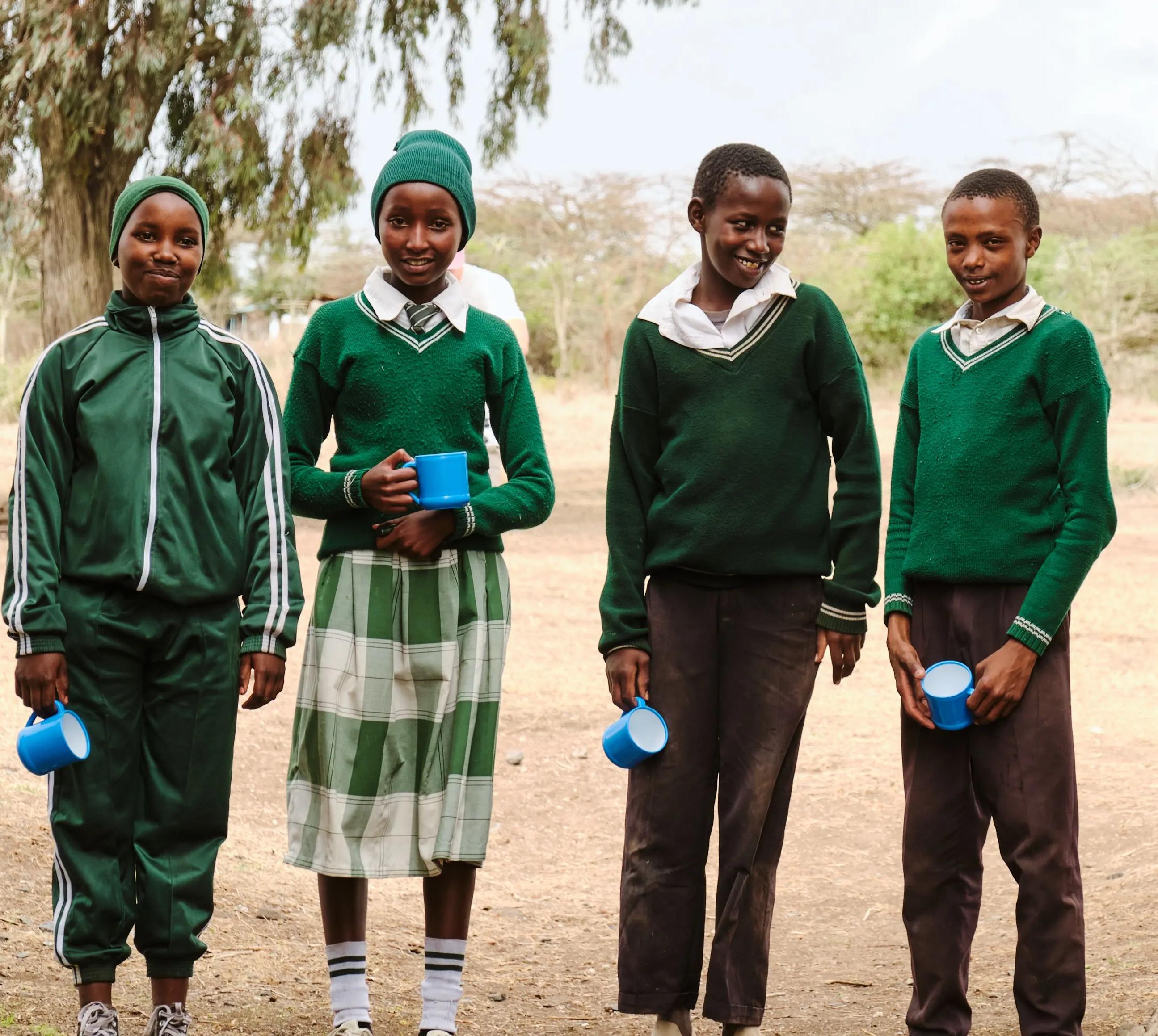BWINDI COMMUNITY HOSPITAL
A HEALTHCARE OASIS IN THE HEART OF THE RAINFOREST
The indigenous Batwa people have called the mountainous rainforests of southwestern Uganda home for hundreds of thousands of years. But when the government designated this land as the Bwindi Impenetrable Forest National Park in 1991, the Batwa found themselves uprooted from their ancestral homeland.
Many resettled in the nearby village of Buhoma, where they became some of the country’s most marginalized inhabitants. With limited access to health care, the average Batwa person’s life expectancy was just 28 years, while children under the age of 5 suffered a shocking 38% mortality rate.
Twelve years after their displacement, Dr. Scott Kellermann began treating the Batwa people under the shade of a village tree. Over time, this basic triage area evolved into a small clinic, and in turn the Bwindi Community Hospital (BCH).
With the support of A&K Philanthropy and Gorilla Forest Lodge, an A&K Sanctuary, BCH has grown into a 155-bed facility that is the primary source of medical treatment for a catchment area of some 120,000 people, and directly treats more than 40,000 individuals each year. The dedicated staff of 200 also sends outreach teams into surrounding villages to ensure everyone has equal access to healthcare and health education. This community outreach program serves more than 70,000 people across some 17,000 households.
AKP works in partnership with a number of organizations that all support the mission of the hospital, including the Kellermann Foundation. Since AKP’s partnership with BCH began in 2004, the project has donated shipments of over $2 million in medical equipment and supplies, refurbished the pediatric ward, expanded the Mothers’ Waiting Hostel, initiated a vocational skills training program, and provided a new state-of-the-art water treatment plant.
What has all this meant for the Batwa community? The numbers speak for themselves. Malaria is down from 45% in 2008 to less than 7% today, while malnutrition is down from 20% in 2008 to less than 1%. The outpatient department treats approximately 40,000 patients per year, with the diagnostics department performing about 2,500 tests per day, including biochemistry, microbiology, histopathology, radiology and sonography.
But with all this progress, there’s still so much more to do, including the need for compressed oxygen, a CT scanner and incubators for newborns. Slowly but surely, the range of hospital equipment and services is expanding. AKP will maintain its commitment to provide accessible healthcare for the Batwa people and residents of southwestern Uganda.
A&K guests staying at nearby Gorilla Forest Lodge, travelling on our Uganda: Gorilla Trekking and Safari Adventure or visiting the region on a Tailormade Journey are welcome to experience this program firsthand by visiting the hospital and meeting with its inspiring medical professionals.

HOW YOU CAN HELP
100% of your donation goes directly toward our initiatives,
wherever it is needed most urgently. We rely on your donations to power our projects, supporting impoverished communities and promoting the conservation of our wildlife and wilderness.










